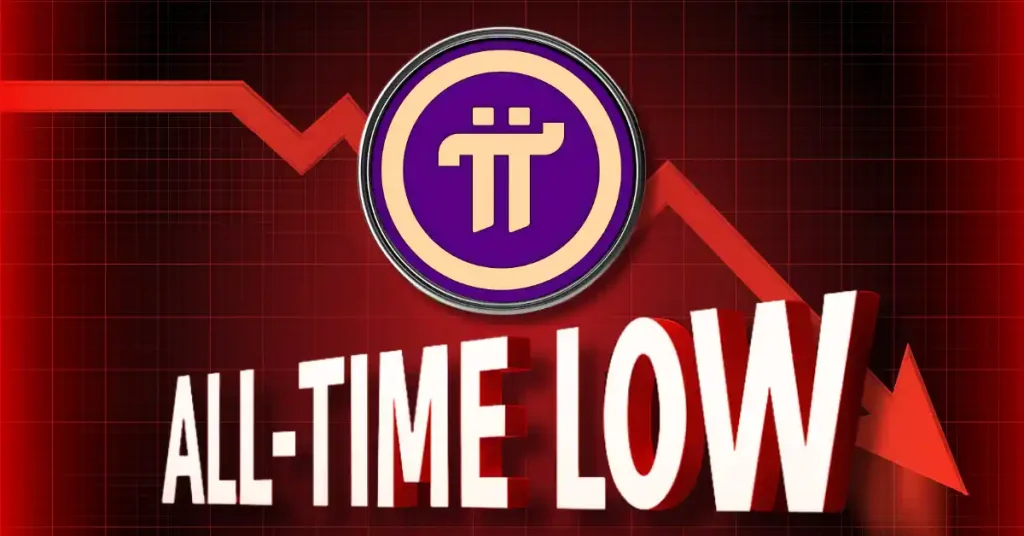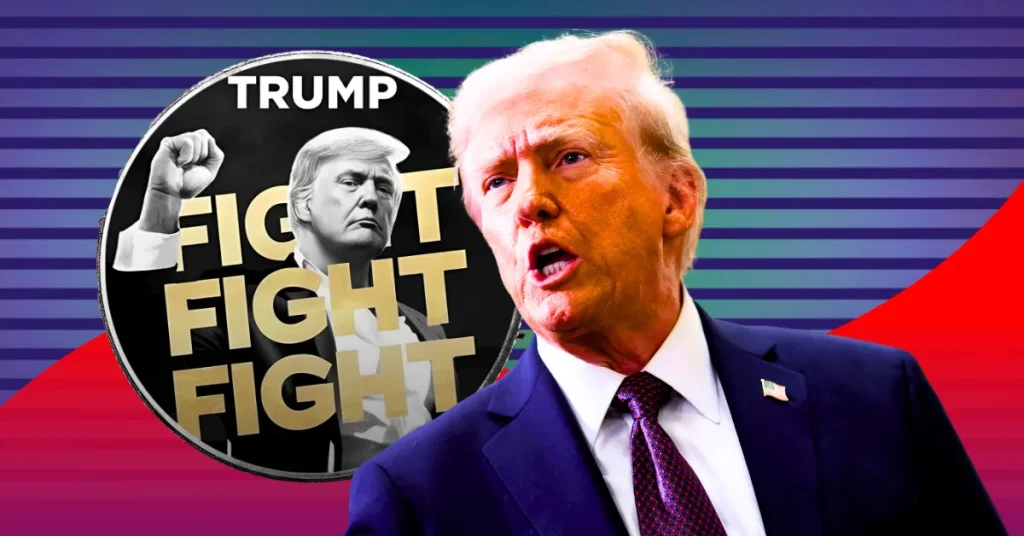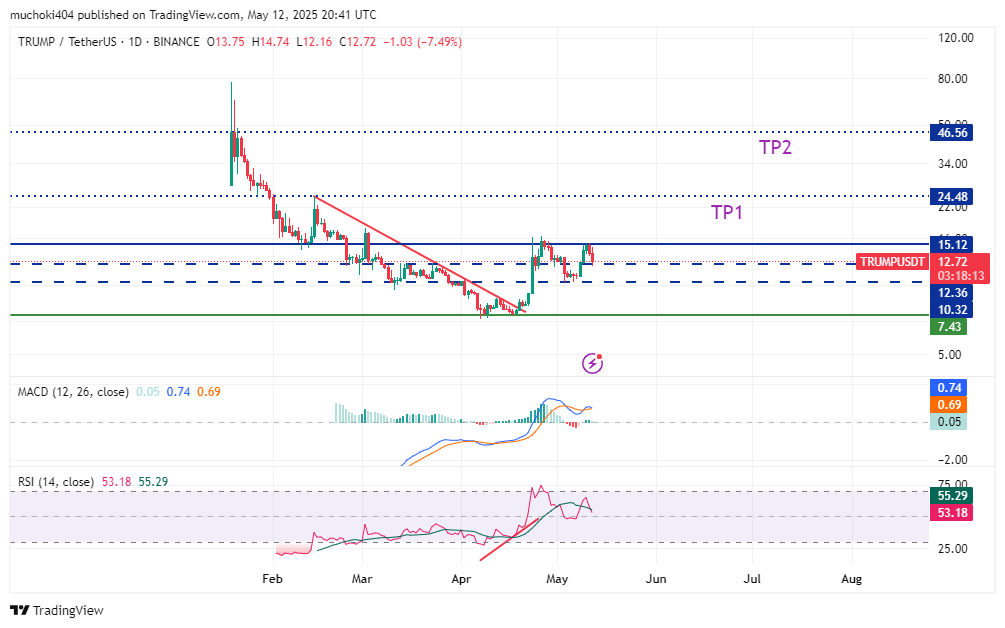
The post Pi Network Price Crashes 11%, Inches Closer to All-Time Low Below $0.40 appeared first on Coinpedia Fintech News
The crypto market took a sharp dive after the U.S. President Donald Trump ordered surprise airstrikes on Iran’s nuclear facilities. The attack reportedly took out three major nuclear-powered sites, sparking geopolitical tension and a wave of panic across global markets.
As news of the airstrikes broke, Bitcoin, Ethereum, and other leading cryptocurrencies saw heavy sell-offs, with billions wiped from the market in just hours. Many bullish positions were liquidated as traders rushed to pull out of risky assets amid fears of further escalation.
The price of Pi Network’s Pi Coin has plunged by 11% in the last 24 hours, slipping dangerously close to its all-time low. At the time of writing, Pi is trading at $0.47, leaving many holders worried about the coin’s future.
This latest drop comes after a difficult few weeks for Pi Coin, with prices crashing over 30% in June alone. One of the main reasons behind the fall is a massive token unlock of 263 million Pi tokens this month, worth around $143 million. This huge increase in supply has added selling pressure, pushing prices down.
Technical indicators show that Pi might be approaching oversold territory, a level where prices often bounce back. On top of that, June 28th, known as 2 Pi Day in the Pi community — is just days away. Historically, the project has made big announcements around this date, and many are hoping for fresh updates, partnerships, or new features that could lift market sentiment.
However, analyst Dr Altcoin took to social media and wrote, “Pi is officially in the $0.4 range, and I expect it to remain there until the end of August. Pi Day 2 is unlikely to have any impact.”







